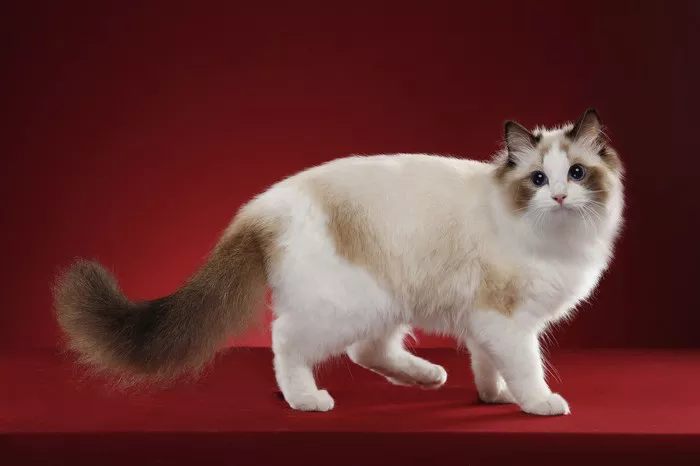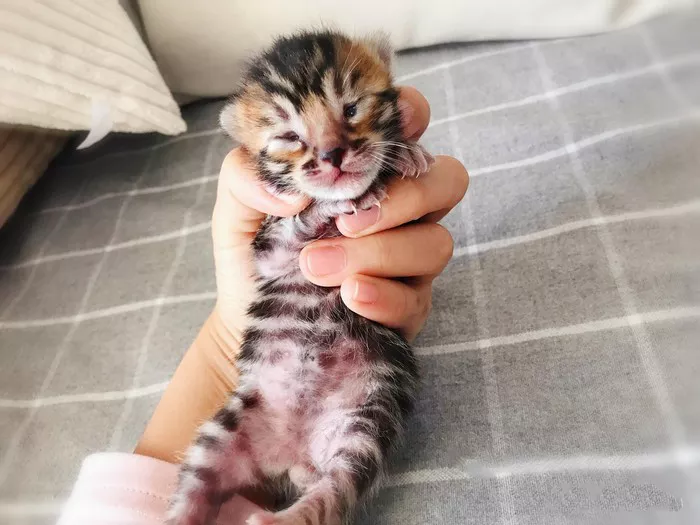Ragdoll cats are one of the most popular breeds in the world. They are known for their affectionate nature, stunning blue eyes, and beautiful coat patterns. If you are considering adding a Ragdoll cat to your family, one of the biggest questions you may have is: How long do they live? In this article, we will explore the lifespan of Ragdoll cats, as well as some tips to help them live a healthy and fulfilling life.
Lifespan of Ragdoll Cats
On average, Ragdoll cats live between 12 and 17 years. However, there are some factors that can influence the lifespan of your feline friend. One of the most important factors is genetics. Like all living beings, genetics play a crucial role in determining the lifespan of Ragdoll cats. If your cat‘s parents lived long, healthy lives, there is a greater chance that your Ragdoll will also enjoy a longer lifespan.
Another factor that can impact the lifespan of Ragdoll cats is their lifestyle. Just like humans, cats need regular exercise, a healthy diet, and mental stimulation to stay healthy. Indoor cats tend to live longer than outdoor cats because they are not exposed to as many risks such as cars, predators, and diseases. However, indoor cats can also become overweight or suffer from behavioral problems if they are not provided with enough exercise and enrichment. Therefore, it is important to provide your Ragdoll cat with plenty of toys, scratching posts, and opportunities to play and explore.
Health Issues that Affect Ragdoll Cats
While Ragdoll cats are generally healthy, there are some health issues that are more common in this breed. One of the most common health issues is hypertrophic cardiomyopathy (HCM), which is a type of heart disease that can cause sudden death in cats. HCM is a genetic condition, so it is important to choose a breeder who tests their cats for this condition.
Another health issue that can affect Ragdoll cats is feline infectious peritonitis (FIP), which is a viral disease that can cause severe damage to the liver, kidneys, and other organs. FIP is caused by a coronavirus, and while there is no cure for this disease, there are some treatments available to manage the symptoms and improve the quality of life for affected cats.
Other health issues that can affect Ragdoll cats include urinary tract infections, dental problems, and obesity. Regular veterinary check-ups can help to identify any health issues early on, so they can be managed before they become more serious.
Tips for Keeping Your Ragdoll Cat Healthy
There are several things you can do to help your Ragdoll cat live a long, healthy life. Here are some tips:
Provide a balanced diet: Feed your Ragdoll cat a high-quality, nutritionally balanced diet that meets their specific needs based on their age, weight, and activity level. Avoid feeding them too much or giving them foods that are not safe for cats, such as chocolate, onions, and garlic.
Keep them hydrated: Make sure your Ragdoll cat has access to clean, fresh water at all times. This will help to prevent dehydration and promote healthy kidney function.
Encourage exercise: Provide your Ragdoll cat with plenty of opportunities to exercise through interactive play, climbing structures, and toys. This will help them maintain a healthy weight, reduce stress, and prevent boredom.
Regular grooming: Ragdoll cats have a thick, luxurious coat that requires regular grooming to keep it healthy and shiny. Brush your cat at least once a week to remove loose hair and prevent matting.
Regular veterinary check-ups: Take your Ragdoll cat to the veterinarian for regular check-ups, vaccinations, and preventative care. This will help to ensure that any health issues are caught early and treated before they become more serious.
In conclusion, Ragdoll cats can live a long, healthy life with proper care and attention. By providing them with a balanced diet, regular exercise, and preventative veterinary care, you can help to ensure that your feline friend lives a happy and fulfilling life by your side. Remember to choose a reputable breeder who tests their cats for genetic conditions such as HCM, and keep an eye out for any signs of health issues so they can be addressed promptly. With these tips in mind, you can enjoy many years of love and companionship with your Ragdoll cat.
























